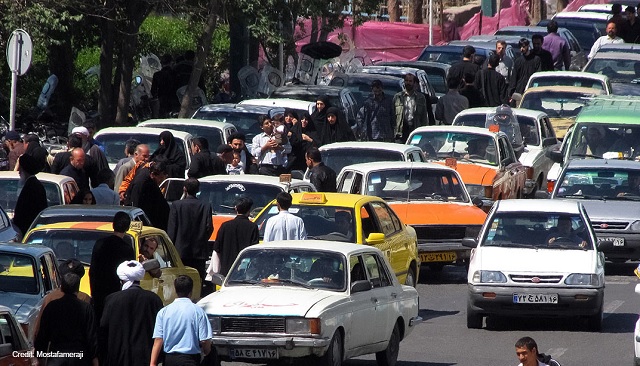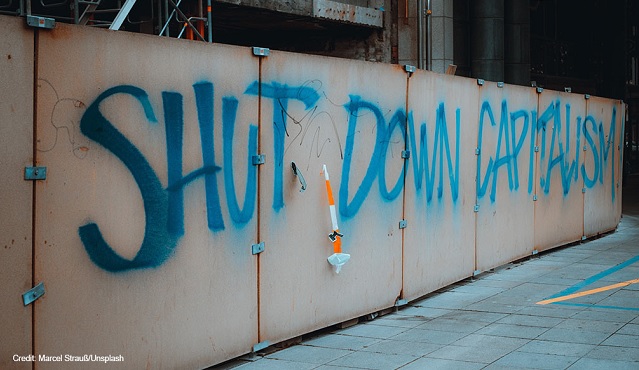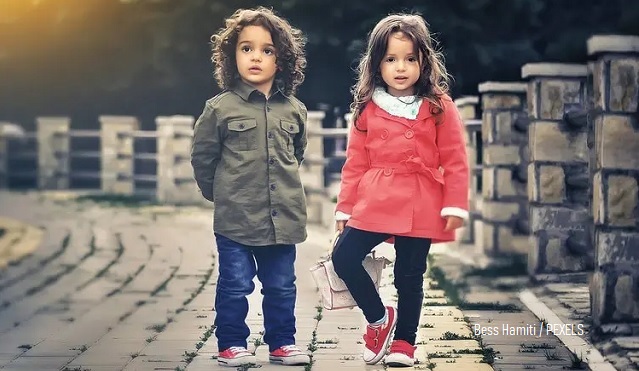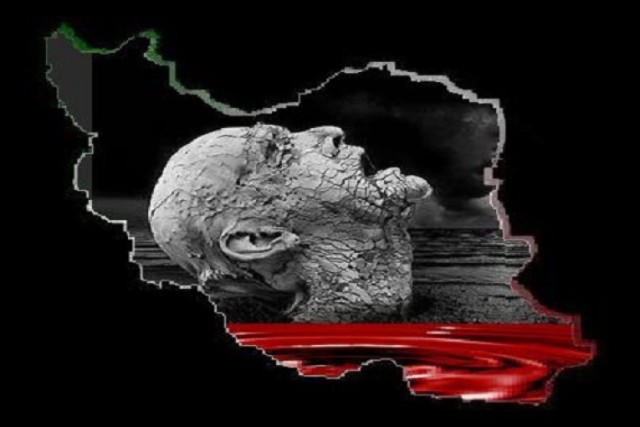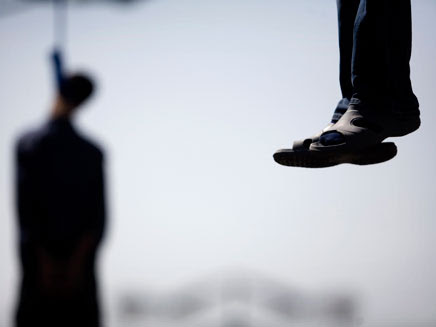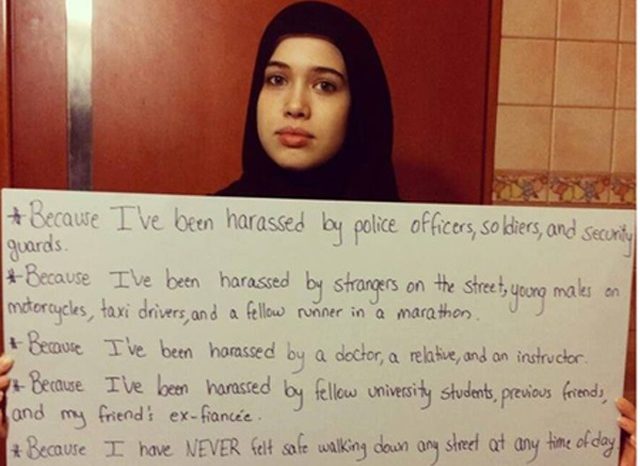The Role of Faith in Cuba’s Fight for Freedom

By the end of September 2021, the events of July 11 were a burning memory for Cubans. That July, which Cubans refer to as 11J, activists linked to a Facebook group called Archipiélago had requested authorization through letters to several provincial governments to hold a demonstration. They wanted to condemn violence and demand the release of political prisoners, respect for the rights of Cubans, and the resolution of political differences through democratic and peaceful means.
Archipiélago was led by a board of coordinators that presented itself as politically diverse. In reality, the majority of its members tended towards leftism, and the figure who enjoyed the greatest national and international media access was the playwright Yunior García.
Although García called for the first demonstration to be November 20, on October 7 the Ministry of the Revolutionary Armed Forces announced a series of military exercises from November 18 to 20, in what they called a National Defense Day. Archipiélago determined, then, to move the demonstration to the 15th, the day on which the island would open its borders to international tourism.
On November 15 (which became known as 15N), some 131 people were prevented from leaving their homes that day in Cuba, according to the complaints center of the Foundation for Pan American Democracy. Yunior García was one of them. He also experienced internet outages. In the next few hours, during and after the 15th, nothing was heard from him. The Archipiélago activists released a statement demanding information from the regime, and others blamed the state, thinking the worst.
The next day, García landed in Spain, and unraveled some mysteries during a large press conference. He said that days ago, unbeknownst to his colleagues and followers whom he had called to take to the streets, he had arranged a visa with the Spanish embassy, which was at that time controlled by a socialist PSOE (Partido Socialista Obrero Español, the socialist and ruling party in Spain) government. García said that Cuba was not governed by a socialist tyranny, but by a conservative one. And he said that the financial pressure against the dictatorship — which he called “blockade” — had to be eliminated.
The dissident Guillermo “Coco” Fariñas described García’s escape as cowardly and unethical; He acknowledged that although it is understandable to be afraid, “when he assumes leadership, one has to go ahead.” And he considered the call for 15N as a way to counteract the still vibrant spirit of 11J, “an operation of discouragement aimed at the effervescence that exists within the Cuban youth that was designed by people who want a soft landing, a guilty cohabitation with the military dictatorship in the exercise of power.”
Despite the failure of the 15N call and the disappointments derived from his leadership, several Cubans sincerely put their hopes and efforts in that demonstration as a way to channel their rejection of the Marxist regime. Several Christians were among them.
That day, in the peripheral Havana municipality of El Cotorro, Pastor Carlos Sebastián Hernández Armas, historian of the Western Baptist Convention, also expressed his desire for change in totalitarian Cuba, joining the call of 15N. That day he posted a selfie on his Facebook. He wore the characteristic elements of the call: a flower and a white sweater. A fingerprint was stamped on the sweater, with an empty space in the center in the shape of a cross.
The photo was accompanied by this verse in 2 Samuel 22:2-4: “The Lord is my rock and my strength, and my deliverer; My God, my strength, I will trust in him; my shield, and the stronghold of my salvation, my high refuge; my savior; You freed me from violence. I will call on the Lord, who is worthy of praise, and I will be saved from my enemies.” It is not just any verse, but one that speaks of resistance, confrontation, of at least two opposing visions that strain the social rope.
In the city of Cárdenas, Matanzas, Reniel Rodríguez or “Lunático,” the name with which he baptized his X profile and his YouTube channel (“Lunatico Debates”), was 15 years old on 15N. That day he called from a corner, through a live broadcast, for the city’s inhabitants to take to the streets. He was dressed in white, as the Archipiélago call had requested, and with a flower in his hand.
He walked around town for a while. While he was walking, he received a call. It was a local Communist Party official, who ordered him to delete the video of the call and return to his house. Frightened, Reniel obeyed. Forty-eight hours later, things got worse. Several police officers were stationed in front of the secondary school where Reniel studied. They asked about him. A teacher took him from school to the military, and he was taken to a Comprehensive Training School (EFI) of the Ministry of the Interior, a penitentiary center for minors.
In just 24 hours, the teenager’s case went viral on the social networks of Cubans inside and outside the island. Several Christians raised their voices about him.
On November 18, 2021 at 11 p.m., Iván Daniel Calás called through his social media account on X to pray for Reniel, a “15-year-old boy who is in prison.” Calás said that everyone was welcome, and along with the #FreeLunatico hashtag he referred to the biblical verse in Hebrews 13: 3: “Remember the prisoners, as if you were prisoners together with them.”
Reniel and Calás had met years before. On Twitter, they were public opponents on issues such as abortion, of which the former was a defender. Precisely that topic brought them together shortly before the arrest, when Reniel had accepted, after months of scientific and philosophical arguments, the continuity and value of human life from the moment of conception.
On 15N, in the center of the capital, a human rights activist and member of the apostolic movement was trying to attend the call. Near the Parque del Quijote, in the populous neighborhood of El Vedado, Yoantone Marrero, better known as Tony Máx, was able to shout “Long live freedom! Long live democracy! Long live free Cuba!” before agents of the National Revolutionary Police arrested him.
The overwhelming repression of the 15th did not go unnoticed in the eyes of Cuban evangelical leaders. Bárbaro Abel Marrero, an academic and Baptist pastor whose analyses of the introduction of gender ideology by totalitarianism have garnered repercussion in recent years, dedicated a text titled “The ignominy visited Santa Clara,” about the harassment of Cubans and relatives of prisoners who demonstrated for political changes, the infamous acts of repudiation.
Marrero, rector of the Baptist Theological Seminary of Havana, began his account by stating his connection with Santa Clara, his hometown, the city of the 19th century patriot Marta Abreu. “Perhaps that is why it affected me so much to be a virtual witness of the disgusting events that stained its streets this November 15,” he confessed.
“I intercede for the unfortunate people who have degraded themselves to such vileness (to repress pacific protesters), so that they can sincerely repent, for their own good,” he expressed. “Finally, I cry out for the families who have been lacerated by abject arrows of hatred, that their wounds be healed and that their cause be vindicated; that they may not be overcome by evil, as the apostle Paul teaches, but that they may overcome evil with good. Father, have mercy on Cuba.”
AUTHOR
Yoe Suarez
RELATED ARTICLE: Cuban Christians and the Fight for Freedom of Expression
EDITORS NOTE: This Washington Stand column is republished with permission. All rights reserved. ©2024 Family Research Council.
The Washington Stand is Family Research Council’s outlet for news and commentary from a biblical worldview. The Washington Stand is based in Washington, D.C. and is published by FRC, whose mission is to advance faith, family, and freedom in public policy and the culture from a biblical worldview. We invite you to stand with us by partnering with FRC.

